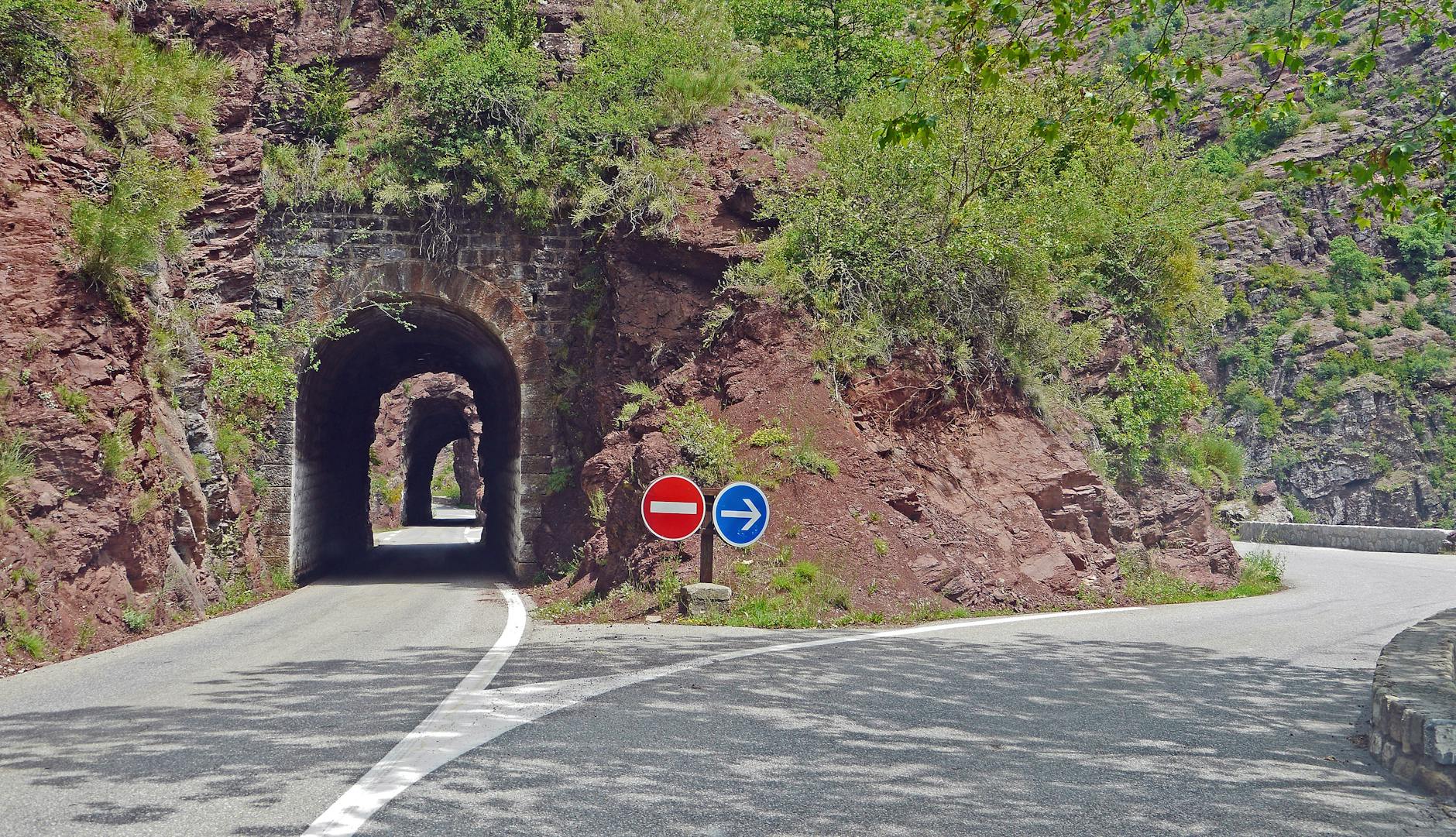How to Plan an Eco-Friendly Exploration of Australia's Natural Wonders

Choosing Eco-Friendly Destinations
Embarking on journeys with an eco-conscious mindset begins with selecting eco-friendly destinations. The thrill of exploring unique locations like the galapagos islands tours offers a chance to not only enrich your travel experience but also support conservation efforts. When you dive into planning your next adventure, prioritize destinations committed to preserving their natural ecosystems. For instance, Kings Park's Conservation Garden in Perth is a prime example of how urban spaces can promote biodiversity while educating visitors about native flora.
Identifying Pristine Locations
Locating untouched environments that retain their natural beauty is essential for eco-tourism. These spots offer unparalleled opportunities to capture the essence of nature while minimizing human impact. Consider options like an african safari where visitor numbers are controlled to protect wildlife habitats.
Evaluating Environmental Impact
Assessing how tourism affects local environments ensures that you choose destinations where conservation efforts are evident, and wildlife thrives without disturbance. The appeal of a tanzania safari, for example, lies in its rigorously managed parks designed to safeguard both the wildlife and the lands they inhabit.
Hidden Gems in Australia
Australia is replete with lesser-known but ecologically significant locales. Discovering these hidden gems offers rewarding experiences for both the traveller and the photographer eager to capture shots without the distraction of crowds. Rottnest Island, known for its eco-friendly practices, provides a perfect escape with its enchanting landscapes and commitment to sustainable tourism. Your choice in destinations can profoundly impact the conservation of these precious ecosystems, ensuring future generations can enjoy them as you do.
Sustainable Travel Planning
Minimizing Carbon Footprint
A major aspect of sustainable tourism involves reducing your carbon footprint, which requires a conscious approach to traveling. One effective way is by opting for direct flights where possible, as fewer take-offs and landings mean reduced fuel consumption. Additionally, travellers could choose airlines focusing on carbon offsets and more sustainable aviation fuels.
Selecting Green Transport
Embracing eco-friendly transport solutions can further reduce environmental impact. When on land, especially in breathtaking destinations like those showcased at Nambung National Park near Perth, consider alternatives such as electric vehicles, bicycles, or even public transit for shorter distances. Ferry travel, like the services to Rottnest Island, can often provide a more eco-conscious choice as they work towards lower emissions and better energy efficiency.
Packing for Sustainability
Packing wisely can also play a vital role in sustainable travel. Prioritize multi-use items and biodegradable or reusable products. Bring essentials such as reusable water bottles, bamboo utensils, and natural toiletries to decrease reliance on single-use plastics—a growing concern in tours, whether you're considering kenya tours, south america tours, or south africa tours. It's about ensuring your travel kit aligns with your environmental values while enjoying the world's beauty.
These practices empower you not just to explore, but to explore responsibly, leaving the world as preserved as you found it.
Responsible Photography Practices
Ethical Wildlife Interaction
As a wildlife photographer deeply connected with nature, ensuring respectful and ethical interactions with wildlife is essential. Prioritize the well-being of animals by maintaining a safe distance and avoiding behaviors that may stress or provoke them. This approach not only respects the habitats you capture but also results in more authentic and powerful images. When considering sustainable travel options, reflect on places known for both stunning sceneries and responsible tourism practices—like a Namibia safari, where many operators focus on conservation efforts to protect the local wildlife.
Low-Impact Gear
Minimizing your footprint in sensitive environments begins with the right gear. Opt for lightweight and durable equipment that reduces physical disturbances to delicate ecosystems. Use biodegradable materials for any disposable items, and consider solar-powered battery chargers to lessen reliance on non-renewable energy. Employing telephoto lenses allows you to capture distant wildlife intimately without encroaching on their space. Opting for compact tripods and durable camera cases enhances mobility while safeguarding equipment.
Capturing Without Disturbance
In the tranquillity of natural landscapes, silence is paramount. As a seasoned traveller, resist the urge to alter or interfere with the environment to get a shot. Instead, adapt to the rhythm of nature. Seek out opportunities to capture the undisturbed reality of these ecosystems, such as on a Galapagos cruise that offers exclusive access to diverse wildlife with minimal human impact. Taking inspiration from places like Rottnest Island's environmentally focused attractions in Perth can guide you towards photography that honors and preserves the beauty of the natural world.
Supporting Local Conservation
Eco-Friendly Accommodations
Selecting eco-friendly accommodations is essential for anyone serious about sustainable travel. For each journey, I prioritize places that devote resources to renewable energy and botswana tours with minimal ecological disruption. Many lodges now offer composting toilets and solar panels, making it easy for eco-conscious travellers to reduce their carbon footprint. Consider staying in eco-lodges or homestays that embrace sustainable practices.
Participating in Conservation Projects
Engaging in local conservation initiatives offers a deeper understanding of regional ecosystems. I often look for opportunities to contribute to wildlife rehabilitation projects or habitat restoration efforts when visiting new areas. Projects like these serve as invaluable experiences, allowing me to enjoy the beauty while giving back meaningfully. For instance, during arctic cruises, participants can engage in organized activities to support marine wildlife research.
Gaining from Local Guides
Local guides provide insights that help connect with the environment and its preservation efforts. Opting for guided tours led by local experts supports the community and promotes awareness of conservation challenges. Often, these guides share hidden narratives and facts that you might never find in travel brochures or online searches. They provide exclusive access and stories deeply rooted in conservation work and can enlighten on aspects of sustainable tourism often overlooked.
Incorporating these strategies enriches my adventures and aligns with my goal of championing environmental preservation. By choosing sustainable accommodations, participating in conservation projects, and benefiting from local expertise, I ensure my travels contribute positively to the world.
Best Practices for Eco-Travel
In-depth Research
Thoroughly researching a destination before you visit can significantly enhance your eco-travel experience. Begin by exploring the diverse array of sustainable tourism options available in Western Australia, such as the Sustainability exhibitions at The Perth Cultural Center. Delve into eco-friendly activities offered around Perth, like a visit to Kings Park's Conservation Garden, where you can find native plant species and support conservation efforts. Keep an eye on the environmental status of your destination to make informed and responsible travel decisions.
Leave No Trace
The principle of 'Leave No Trace' is central to sustainable travel. When exploring areas like Rottnest Island, where environmentally-focused attractions are abundant, be mindful of your impact. Carry reusable water bottles, cutlery, and shopping bags to reduce waste. Respect wildlife and natural habitats by staying on designated paths and avoiding the disruption of local ecosystems. Ensure all waste is disposed of appropriately, aiming for a zero-waste visit.
Inspire Through Education and Photography
Our experiences in nature can become powerful tools for awareness and education when shared thoughtfully. Use photography not only to capture memories but to advocate for the beauty and fragility of our ecosystems. Share your images and stories on platforms that promote responsible tourism, encouraging others to adopt sustainable practices. By doing so, you empower others to appreciate and protect the natural wonders you’ve experienced, whether it be through personal loans to finance their eco-adventures or participating in local conservation projects.


